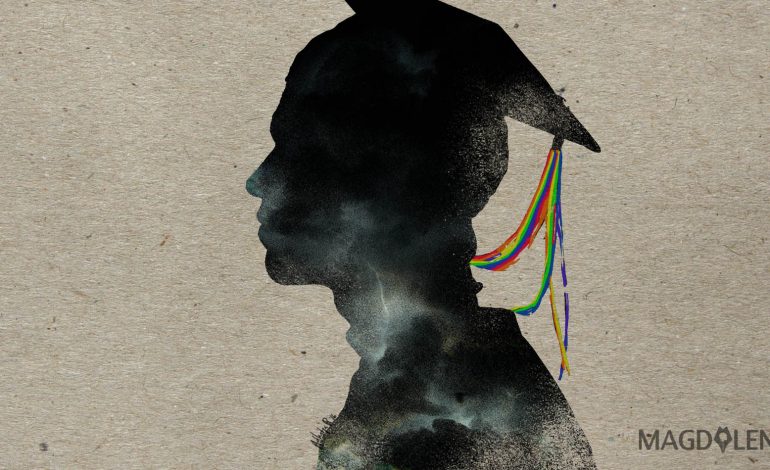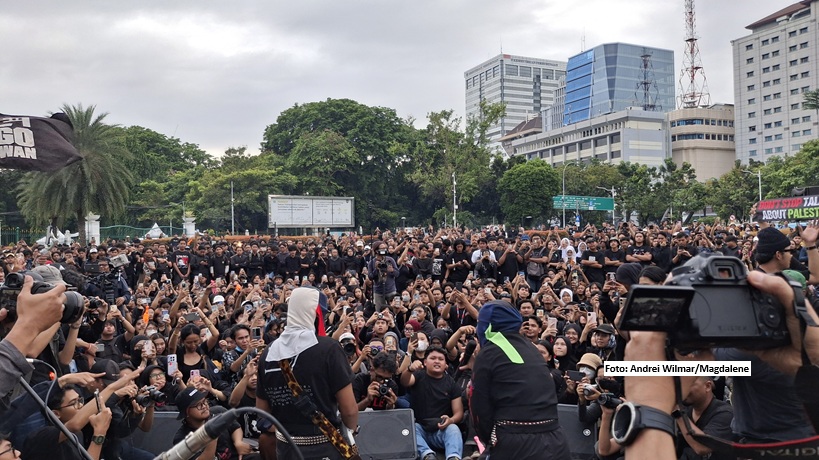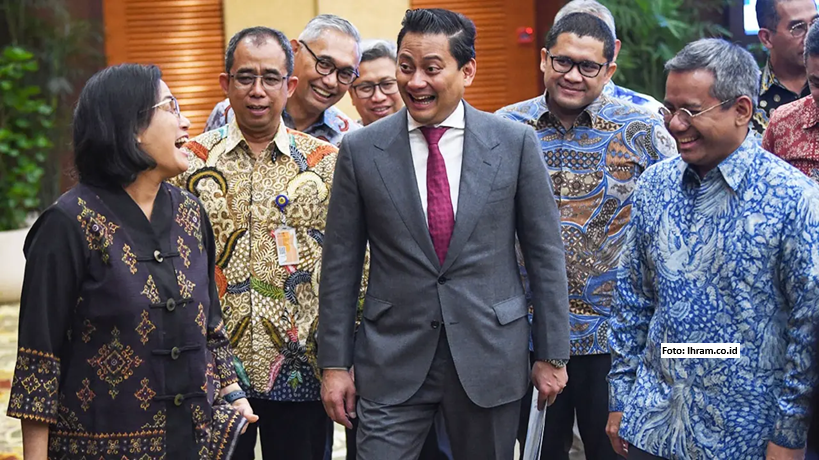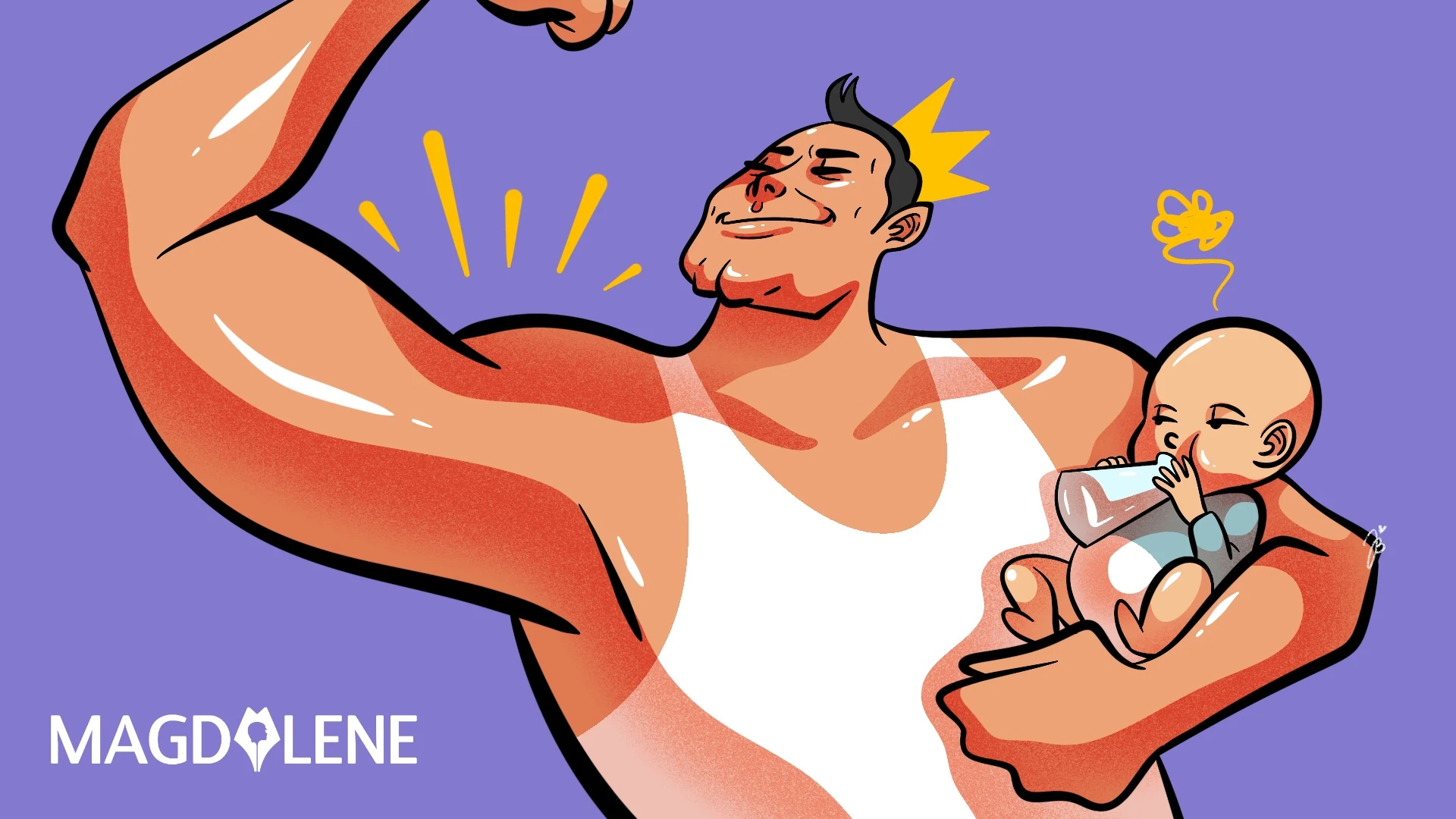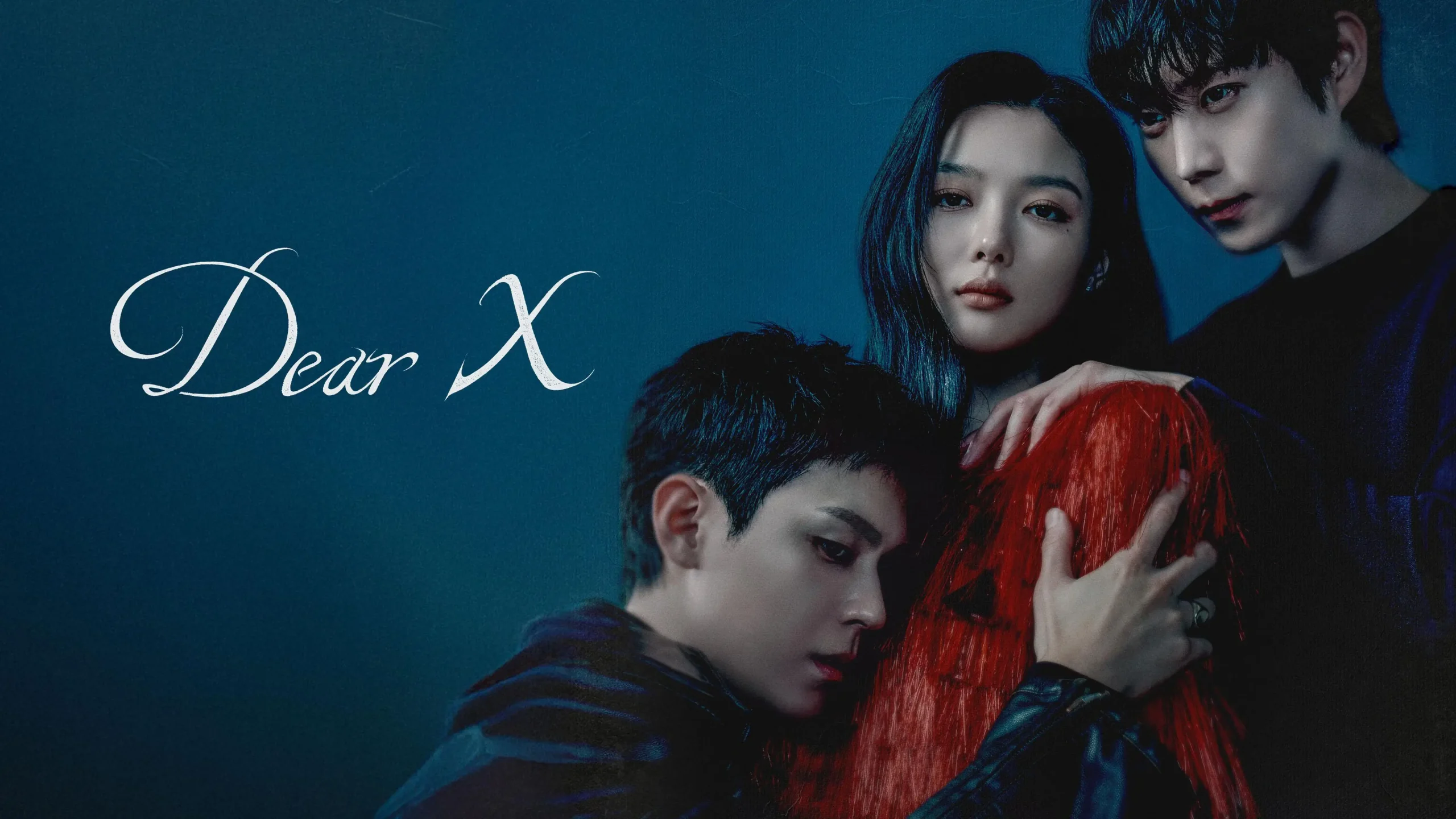Angels or superheroines: Understanding the Nature of Religion Through Fandom
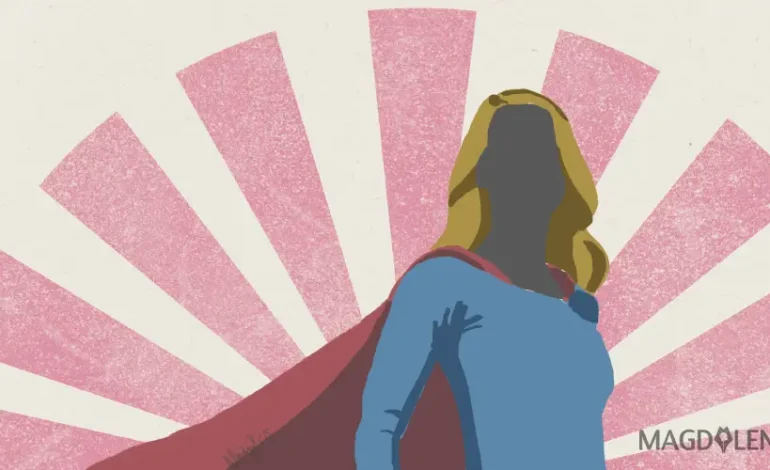
Before I joined Magdalene’s live podcast event a couple of weeks ago, I tweeted about how collecting images of Captain Marvel helped me understand religious devotion. A friend said I should write an article about it, and I declined with a laugh. No one would read it. But then I gave further thoughts on the similarities between fandom and piety, both during the evening and on my way home.
During the event held in Jakarta, audience were invited to take the microphone and share their experiences and thoughts on religion – something that all Indonesians theoretically must have. Many people stepped in and talked about their experiences of being progressive Muslims, or being ex-Muslims, or growing up with a Muslim and a Christian parents, or transferring their child between Islamic and Christian schools.
No one spoke about being a progressive Christian or being an ex-Christian. Perhaps there were not that many Christians attended the event. Also, maybe many feminists and progressives have abandoned their Christian faith as they get older, compared to Muslim feminists or even Marxists who retain their faith. Maybe some other people who were in the café had stopped considering themselves Christians or were too uncomfortable talking about their faith.
Both my parents are Catholics. My mother’s father, however, was a non-practicing Muslim who celebrated Idul Fitri, and so I visited my grandparents for both the Eid and Christmas. I became a devout Catholic teenager, due to my love for the Renaissance and the Age of Exploration. At the same time, my parents also went to church more regularly, while my sister, who had Muslim boyfriends, did not follow our newfound enthusiasm.
After the Reformasi, two factors made me proud being a Catholic: the politically active priests like Y.B. Mangunwijaya and Franz-Magnis Suseno (who published a book on Marxism), and the fact that by being a Catholic meant I was not a Muslim nor an Evangelical Christian – both were religious zealots in Catholics’ book.
I have told my stories of being uncomfortable with Catholic values and with other Catholics over the last three years, including its views on homosexuality, women’s roles, and abortion. It’s frustrating that it is still difficult to find fellow progressive Catholics, ones who are not bitter with their faith. All I wanted, after all, was to be a typical Catholic who could relate St. Mary Magdalene with Magdalene, the webmagazine. But it didn’t happen, and I thought that the meaning of life could be found outside religions.
The average Indonesian population can be passionate about anything, but nothing should supersede religion for them. Religions can’t also be discarded or substituted. But while I’ve found the ethics function of religion through secular ethics like kindness and sympathy, recently I’ve also found the communal and mystical functions of religion by raving about superheroines like Captain Marvel with other fans.
I understand it’s blasphemous to compare commercial fandom with religious devotion, but the principal works similar for me. After experiencing spiritual ecstasy when watching Wonder Woman, I understood my religious need: I want goddesses and heroines. I need a matriarchal religion with female deities and prophets. I know movie superheroines are just actresses with harnesses and stuntwomen and special effects, but how different are they to male characters invented by men who revised holy books over millennia? How different is a religious fervor to fandom spirit?
Some hardened realists can say no to gods and angels, and prefer real social changes to miracles and personal enlightenment. Sadly, I’m a romantic who is a sucker for divine glow, miraculous tales, and inspiration. And I have seen how superheroines (and real women, including actresses) inspire girls, women, and other folks.
Superheroines have helped girls and women cope with their sexual identities and self-worth. They provide alternative role models for boys and men. For me, they are the modern equivalents to heroes, saints and gods that my ancestors revered.
Fan communities also experience the same problems as the religious communities – prolonged debates, schism, cliques, expulsion, and disillusion. The main difference is that religion, unlike fandom, remains important to societies – as the foundation of national culture, as a common identity, as ethics, as a social institution, and most importantly, too keep our sanity in life and death.
As long as I’m an Indonesian, “Catholic” remains printed in my ID card. Amid figures and emblems of Captain Marvel, I can understand why religious people devote themselves to something unseen, something impartial, and perhaps something fictious. We just need something transcendent in our life. They with their holy men, me with my heroines.
Find out how fear of K-pop exposes homophobia in Asia and follow @mariorustan on Twitter.

